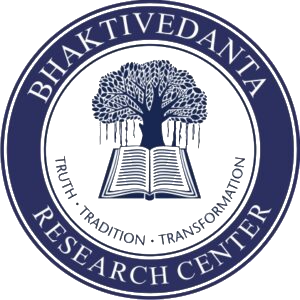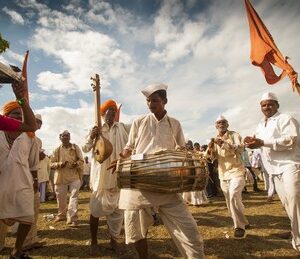Description
Introduction & The Philosophy of Logic and Reasoning (Nyaya) (6 Hours)
Introduction to “The Six Systems of Indian Philosophy of Ancient India”. The Philosophy of Logic and Reasoning (Nyaya). Sources of Valid Knowledge with their merits and de-merits. Importance of Testimony and the Logic presented to argue for the sake of a creator v/s the argument presented against one. The various objects of knowledge (Prameya)
Unit II: Dualism (Sankhya) and Analysis of Aspects of Reality (Vaisheshika) (6 Hours)
The Dualistic Model, French Philosopher Rene Descartes and his ideas on Dualism, Indian system of Dualism (Sankhya) : Analogies and Validations presented for the idea of self separate from the body, Reincarnation cases, Consciousness: The mysterious missing link. The three modes of material nature and their effects on consciousness.Analysis of aspects of Reality (Vaisheshika) : Effect of Illusion on the mind and the goal of the six systems of Indian philosophy.The Philosophy of Logic and Reasoning (Nyaya). Sources of Valid Knowledge with their merits and de-merits. Importance of Testimony and the Logic presented to argue for the sake of a creator v/s the argument presented against one. The various objects of knowledge (Prameya)
Unit III: Self Discipline for Self–Realization (Yoga sutras)(4Hours)
Detailed analysis of the nature of mind and the interaction of the mind and senses. The 8-fold path of Ashtanga Yoga as per Patanjali Yoga sutras and the purpose of the Yoga system.
Unit IV: The Higher Deliberation (Uttara Mimamsa) (4 Hours)
The Vedantic Model : The various aspects of Absolute Truth, The interaction between material nature (Prkrti) , Self (Jiva) and Absolute Self (Purusha).Comparison of the Vedantic Model with other theistic philosophies. The Bhakti Yoga model as compared to Yoga Sutras of Patanjali.
Unit V : Elevation through performance of duty (Karma Mimamsa) (4 Hours)
The Universal Law and Order (The web of Karma), Polytheistic model v/s Monotheistic model, Karma Yoga model. Universal utilities and the purpose of ritualism.
Unit VI: Ethics from Indian Epics (4 Hours) Ethics related to Leadership, Cooperation, Team Spirit, Competitiveness, Wealth and Friendship from Chanakya Niti and Mahabharat.
Text Books:
- RajivMalhotra ,Being Different’ : An Indian Challenge to Western Universalism, Happer Collins Publishers ISBN No : 978-93-5116-050-2
- SuhotraDasa Tapovanachari,The Six systems of Vedic Philosophy, (Online PDF book)
Reference Books:
- DevamritaSwami, Searching for the Vedic India,Bhaktivedanta Book ISBN 0- 89213-350-3
- PatitaPavan , Sri Chanakya Niti: Ancient Sense for Modern Success, ISBN 978-93- 82109-25-9. Abhay Ashram
- Govindadas, Voice your choice:Ethics from Epics, White Woods Publishing ISBN
: 978-93-81-283042
- Hornyanszky,Istvan Nature’s IQ Balazs Torchlight Publishing ISB: 978-0-9817273- 0-1.
Course Outcomes:
The student will be able to
- Applythe most appropriate tool of acquiring knowledge for a suitable object of
- Discernthe reasons for the dual model of self & body and effects of the three modes on
- Evaluate the purpose of the 8 steps of the Yoga sutras and their consequence on the human
- Contrastthe aspects of Absolute truth as laid out by the Vedanta model with the world’s theistic philosophies.
- Arguefor the sake of Universal Law of Karma and the differences between monotheistic and polytheistic
- Practiceethics in one’s personal, professional and family





Reviews
There are no reviews yet.